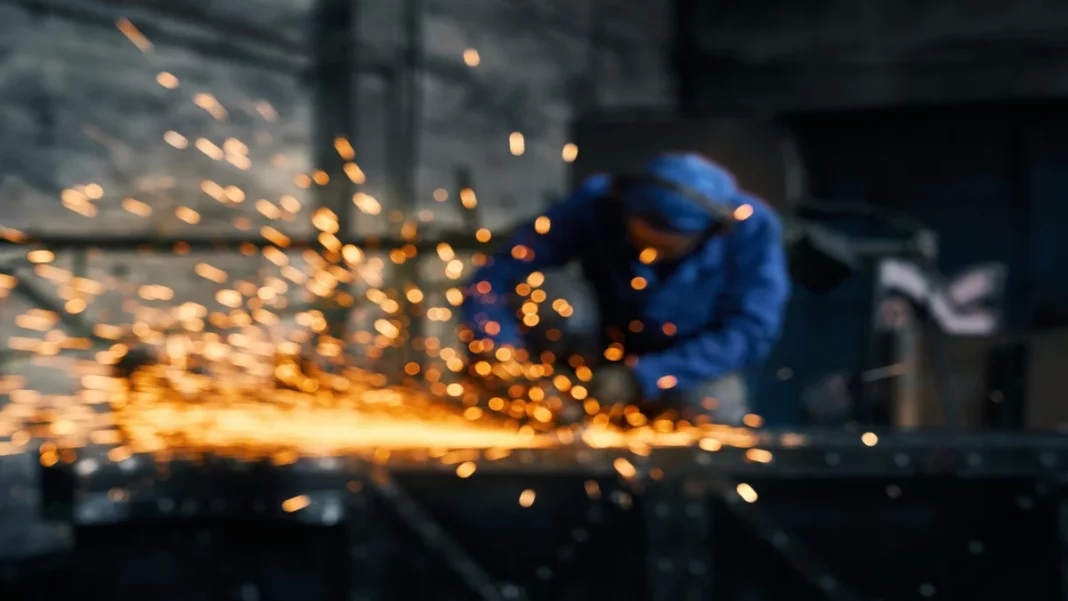The metalworking industry, a cornerstone of modern manufacturing, has long been associated with power, precision, and progress. Yet, as the world grapples with environmental concerns, metalworking companies are embracing a new role – that of eco-conscious innovators. Sustainability in metalworking is not merely an option; it’s necessary, and the industry is making significant strides towards a greener future.
Rising to the Challenge:
The environmental challenges facing the metalworking industry are multifaceted. The energy-intensive nature of metal processing, waste generation, and hazardous materials use have drawn scrutiny. Additionally, there’s a growing demand from customers for products and processes that are environmentally responsible.
Reducing Energy Consumption:
One of the primary objectives of sustainable metalworking is reducing energy consumption. Metalworking companies invest in energy-efficient technologies like regenerative burners and heat recovery systems. These innovations reduce environmental impact and result in substantial cost savings.
Furthermore, the shift towards renewable energy sources is making headway. Solar, wind, and hydropower are increasingly powering metalworking facilities, lessening their reliance on fossil fuels and decreasing their carbon footprint.
Recycling and Waste Reduction:
Sustainability in metalworking places a strong emphasis on recycling and waste reduction. Metals are inherently recyclable, and their reuse reduces the need for raw material extraction. Scrap metal collection and recycling programs are common in the industry, ensuring that valuable resources are not wasted.
Innovative approaches, such as “closed-loop” manufacturing, aim to minimize waste production. Companies are adopting lean manufacturing principles, which reduce overproduction and unnecessary material use.
Responsible Material Sourcing:
Sustainability also extends to the responsible sourcing of materials. Metalworking companies are increasingly scrutinizing their supply chains to ensure materials are ethically and sustainably obtained. This means considering the environmental impact and examining labor practices, human rights, and social responsibility.
Lean and Green Practices:
Lean manufacturing practices have long been a staple of the metalworking industry, aimed at reducing waste and improving efficiency. These practices complement sustainability goals by streamlining processes, minimizing resource consumption, and enhancing overall productivity.
Eco-Friendly Coatings and Finishes:
The industry is moving towards eco-friendly coatings and finishes. Powder coating, for example, eliminates the need for hazardous solvents and produces less volatile organic compounds (VOCs). Anodizing processes have also been refined to be more environmentally friendly, with companies investing in closed-loop water treatment systems to reduce water consumption.
Embracing Circular Economy:
Sustainability in metalworking isn’t just about reducing the negative environmental impact. It’s about adopting a circular economy mindset. This means designing products and processes with end-of-life recycling and reuse in mind. Durable and recyclable materials are chosen, and disassembly and recycling are more accessible.
Meeting Regulatory and Customer Demands:
Environmental regulations and customer demands are pushing the metalworking industry towards sustainability. Companies are investing in compliance with stringent environmental laws and regulations, such as emissions standards and waste disposal rules. Meeting these requirements is essential for maintaining a positive corporate image and accessing markets prioritizing sustainability.
The Road Ahead:
Sustainability in metalworking is an ongoing journey. While significant progress has been made, there are challenges to be overcome. These include investing in greener technologies, educating the workforce, and adapting to the changing regulatory landscape.
However, the commitment to sustainability isn’t just about compliance. It’s a strategic move that positions metalworking companies as responsible global citizens, ready to contribute to a greener, more sustainable future. The industry’s dedication to reducing its environmental footprint is both environmentally responsible and economically savvy. As sustainability in metalworking becomes the norm, it is forging a greener, more promising future for the industry and the planet.
The article was based on information from https://metal-working.net/
Also Read: The Timeless Art of Sand Casting: Exploring the Ancient Technique of Metal Production


